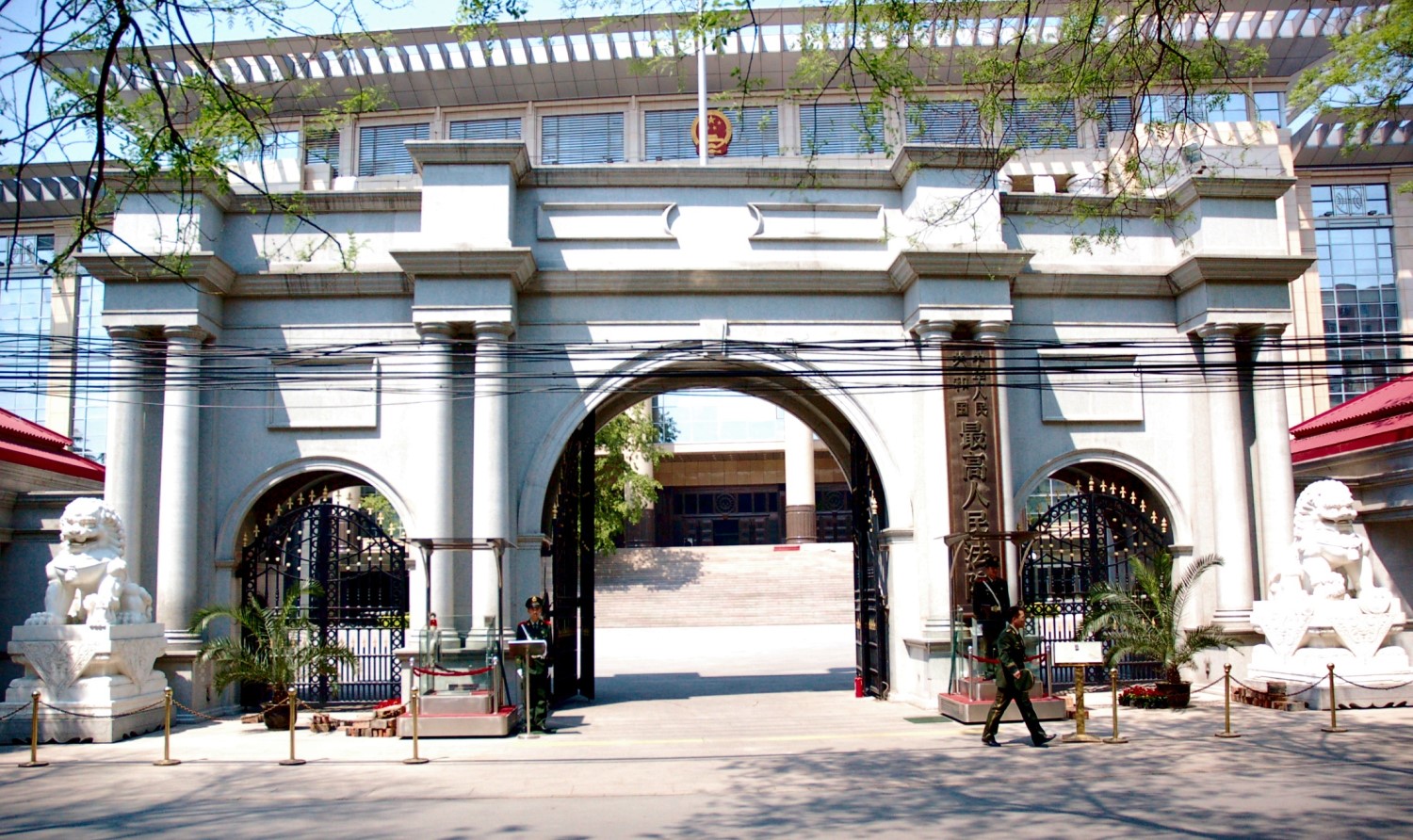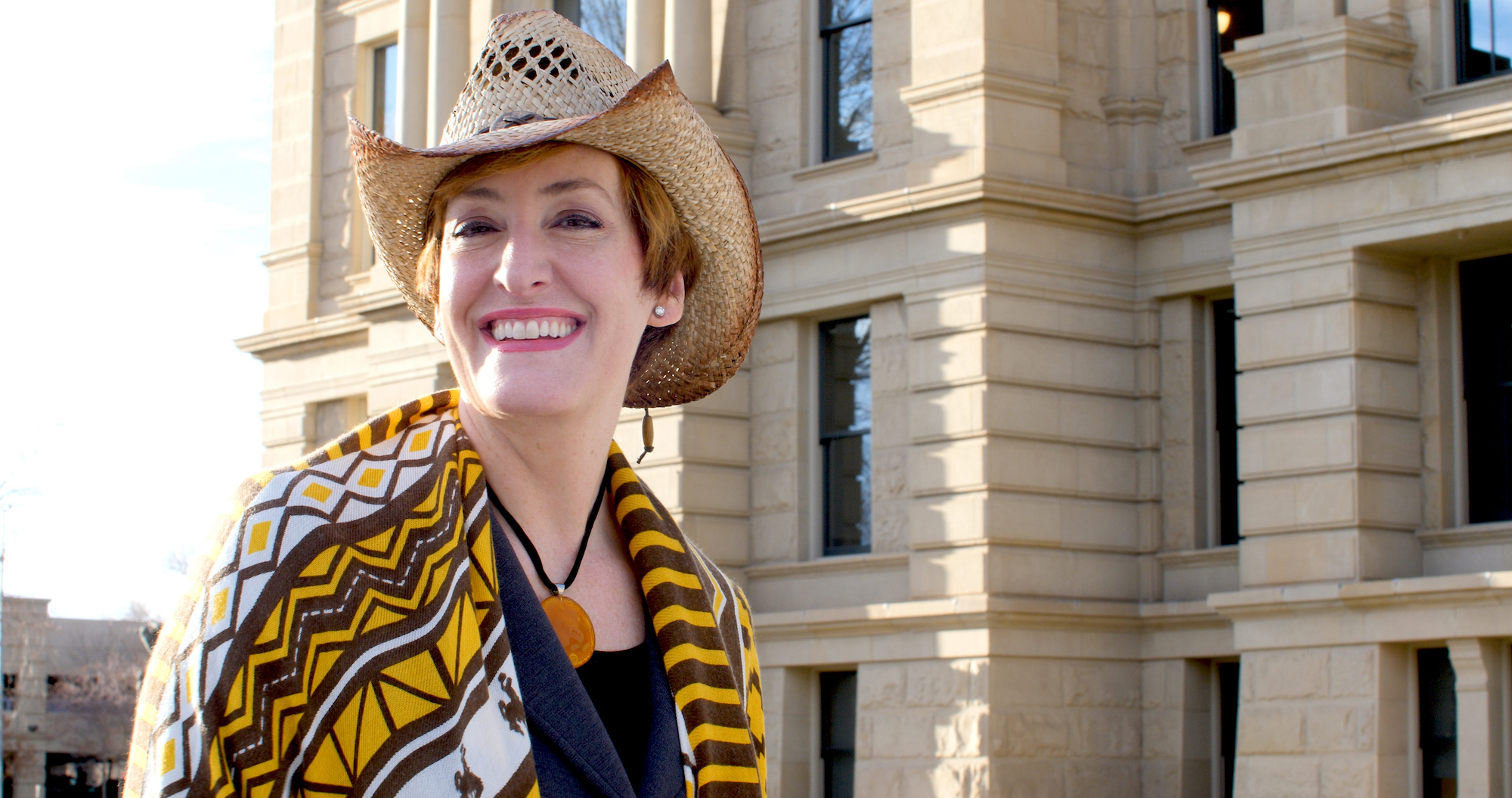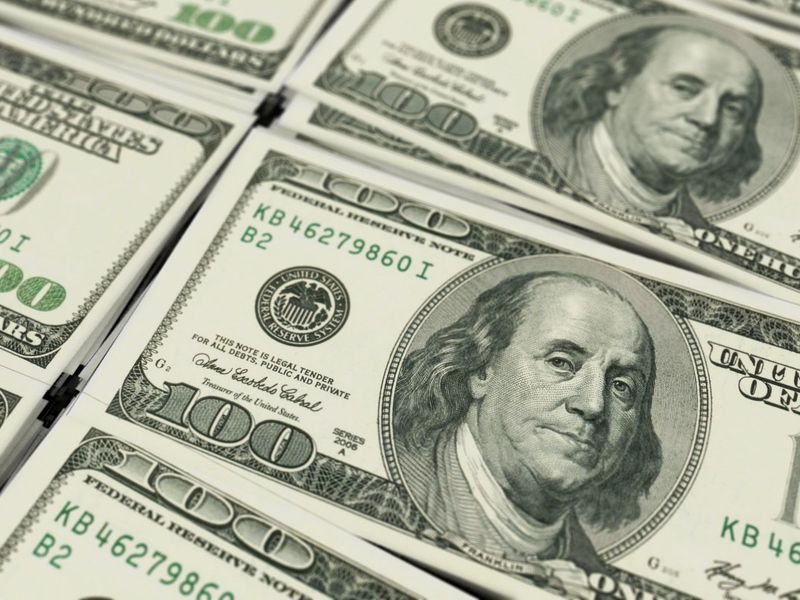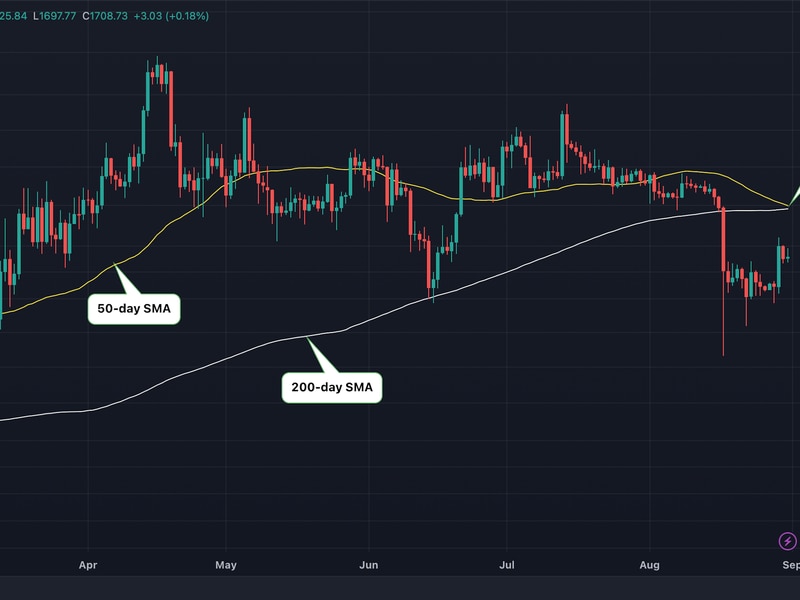Appeals Court Backs Coinbase in Bitcoin Gold Fork ‘Breach of Contract’ Lawsuit
Coinbase CEO Brian Armstrong (CoinDesk archives)
Appeals Court Backs Coinbase in Bitcoin Gold Fork ‘Breach of Contract’ Lawsuit
A California appeals court has ruled in favor of U.S cryptocurrency exchange Coinbase over its decision not to support the Bitcoin Gold hard fork in 2017.
- Ruling at the state’s First Appellate Court (Division One), Judge Ethan P. Schulman agreed with the summary judgment of a prior trial court that was decided in favor of Coinbase, according to a court document filed on Monday.
- Plaintiff Darrell Archer first filed the lawsuit against Coinbase on March 27, 2018, alleging the exchange had violated its contract agreement with users over its stance on the Bitcoin Gold hard fork.
- Coinbase told users it would not support the fork because the project would not release its code to the public and that, as such, it was considered a “major security risk,” per the filing.
- Archer also alleged Coinbase had retained control over the bitcoin gold (BTG) cryptocurrency resulting from the fork for its own benefit during that time.
- In a hard fork of this nature, a blockchain is split off to form a new chain (sometimes with new features) and a new cryptocurrency.
- In the case of Bitcoin Gold, Bitcoin was forked, creating BTG tokens equal in number to those owned by holders on the original chain.
- While investors are automatically awarded their new duplicate holdings if they held their bitcoin in their own blockchain wallets, exchanges decide whether to support the fork and pass new coins onto customers holding assets on their platforms.
- Archer – who held 350 bitcoin on Coinbase at the time of the fork – followed up his original complaint with an amendment alleging Coinbase’s “failure and refusal” to pass on the BTG represented breach of contract, negligence and conversion (a civil law version of theft).
- On the breach of contract claim, the trial court concluded that Archer had failed to establish the existence of an agreement by Coinbase to provide bitcoin gold to him following the fork.
- The conversion claim failed because the existing agreement did not grant the rights for Archer to the new coins, and did not require Coinbase to support the bitcoin gold fork.
- To rule otherwise would place the “duty” on exchanges of having to support all bitcoin forks, the judge said, quoting a similar ruling in the state of Georgia.
- For the third cause of action, negligence on behalf of Coinbase, the trial court had rejected Archer’s claim based on the “economic loss rule,” which the court held ruled out liability for negligence based on contractual obligations.
- The appeals court has now upheld the original ruling that Coinbase’s agreement with Archer contained no part requiring Coinbase to provide services for cryptocurrencies from third parties.
- Carlton Fields attorney Drew Hinks commented in a Twitter thread late on Tuesday that the case may establish precedent and has implications over the future definition of cryptocurrency as property.
Disclosure
The leader in blockchain news, CoinDesk is a media outlet that strives for the highest journalistic standards and abides by a strict set of editorial policies. CoinDesk is an independent operating subsidiary of Digital Currency Group, which invests in cryptocurrencies and blockchain startups.









